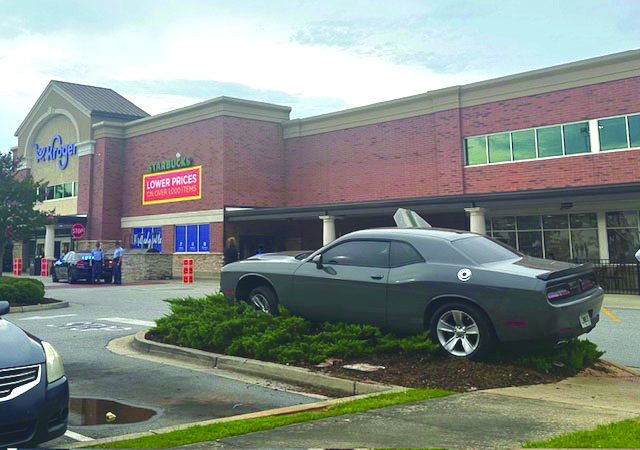EDITORIAL: Take precautions in the heat
Published 11:05 am Tuesday, June 24, 2025
This week is expected to be the hottest so far this year, our first heat wave of the summer. That signals the potential for heat-related injuries. With the warmer weather here, it’s important to pay close attention to those who may be more susceptible to heat-related health issues, such as seniors, children and pets.
While warmer weather this time of year is not out of the ordinary for our part of the state and throughout the south, it’s important to take steps to prevent heat-related health issues and to keep a watchful eye on those who may be more susceptible to the high temperatures.
According to the American Red Cross of Georgia, heat kills more people than any other weather event.
Trending
Check often on pets, seniors and children — groups that are most at risk of danger. Take a few moments out of the day to check on neighbors who are elderly or those who have medical issues.
Take precautions to ensure that children are not left in hot cars unattended — not even for a moment.
The majority of heat-related deaths, however, occur each year among residents 70 and older, according to the National Weather Service, though any of us can be susceptible.
Preventative measures can help reduce the risk.
Be mindful of these tips from the Red Cross and put them into practice:
–Stay hydrated by drinking a cup of water every hour, even if you don’t feel thirsty. Avoid sugary, caffeinated and alcoholic drinks.
Trending
–Stay cool by spending time in air-conditioned places. If your home is too hot, go to a mall, library or cooling center.
–Stay connected by checking on others and asking for help if you need it. Make sure pets have access to fresh water and shade.
Kids and athletes outdoors at camps and sports-related activities are encouraged to take breaks and drink water ever 20 minutes.
“Knowing what to do to protect yourself and loved ones from extreme heat can help save lives,” says Alicia Doherty, Red Cross Regional Executive. “We’re asking everyone to check on friends and neighbors, especially older adults, people with chronic conditions, outdoor workers and athletes. You can make a difference by sending a text, making a call or knocking on their door.”
Help those without air conditioning find a safe place to go like a mall, library or cooling center. They can also take cool showers or baths to help cool off. Remind people to wear lightweight, loose-fitting clothes in light colors.
Lastly, know the symptoms of heat-related illness such as headache, dizziness, nausea and confusion. Call 911 if needed. Listen to your body, particularly if you are not accustomed to working in the heat.






